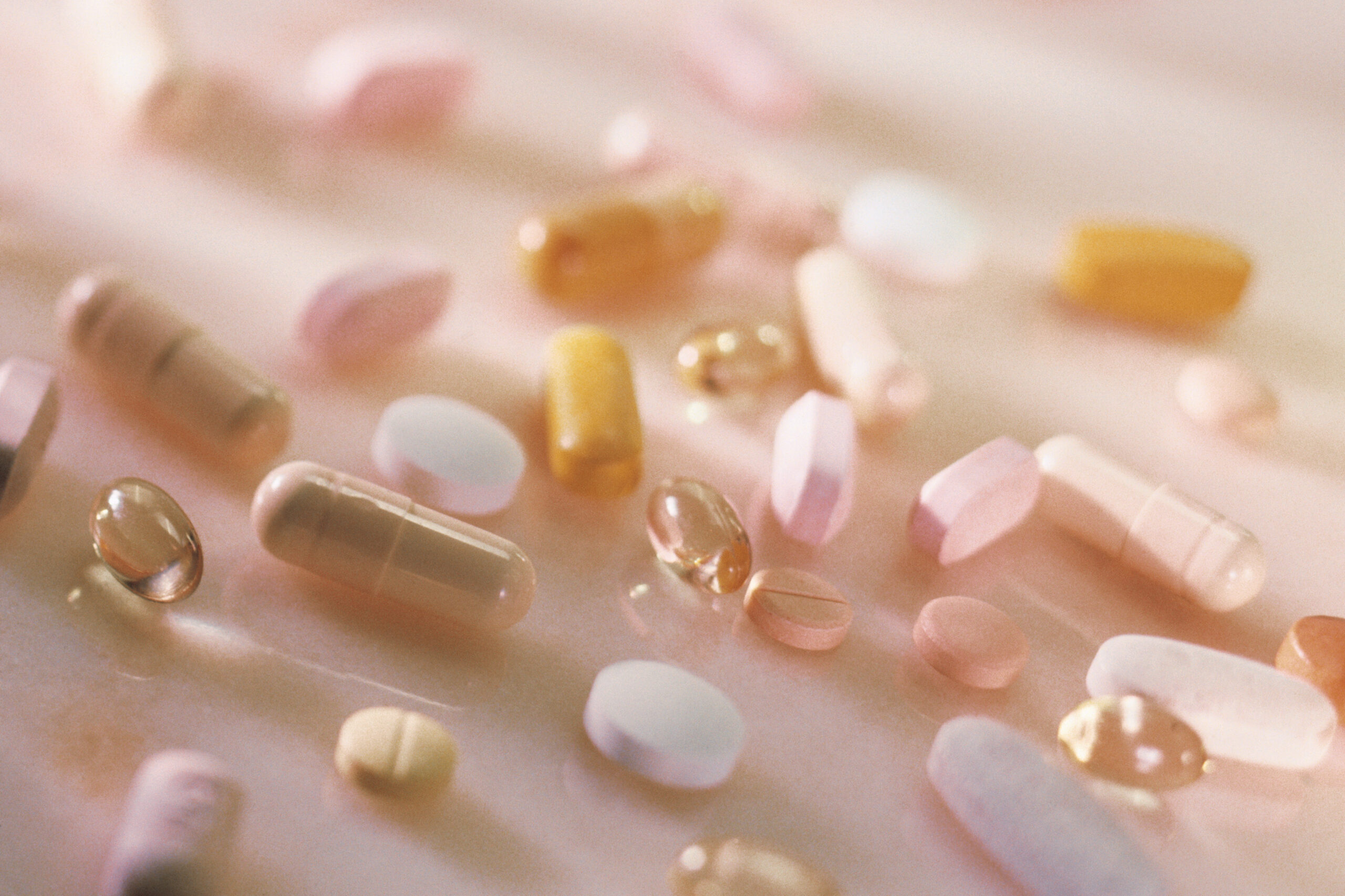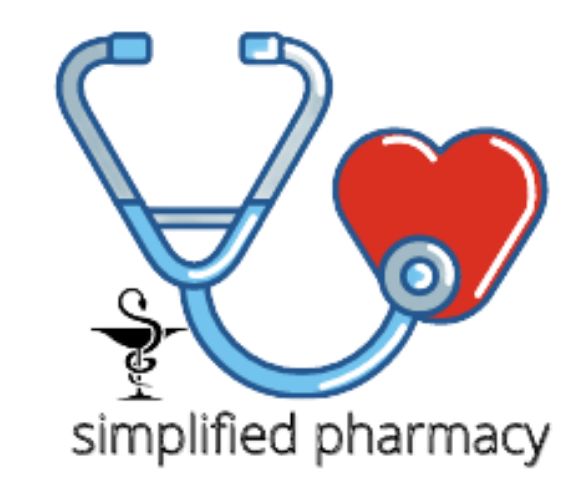
Depression is a widespread mental health condition affecting millions worldwide. In this article, we will explore the top 8 supplements for depression, supported by scientific research, to provide you with natural alternatives for enhancing your mental well-being.
Depression is a widespread mental health condition affecting millions worldwide. While therapy and medication are common treatments, some natural supplements show promise in managing depression symptoms. In this article, we will explore the top 8 supplements for depression, supported by scientific research, to provide you with natural alternatives for enhancing your mental well-being.
1. Omega-3 Fatty Acids:
Overview: Omega-3 fatty acids are essential fats found in fish oil supplements. They are crucial for brain health and function, playing a significant role in regulating neurotransmitters and reducing inflammation, which can have a positive impact on mood.
Pros: Omega-3s have shown potential in supporting overall mental well-being and reducing symptoms of depression. They are essential for maintaining the integrity of cell membranes in the brain, facilitating effective communication between brain cells.
Cons: High doses may lead to blood thinning, so individuals on blood-thinning medications should exercise caution.
Recommended daily dose: 1,000-2,000 mg of combined EPA and DHA.
2. Vitamin D:
Overview: Vitamin D, often referred to as the “sunshine vitamin,” is crucial for overall health, including mental well-being. Research has linked vitamin D deficiency to an increased risk of depression and other mood disorders. Vitamin D receptors are present in areas of the brain involved in mood regulation.
Pros: Vitamin D supplementation may help improve mood and reduce depression symptoms, especially in individuals with vitamin D deficiency.
Cons: Excessive doses can be harmful, leading to toxicity. Avoid exceeding the recommended daily dose.
Recommended daily dose: 1,000-2,000 IU of vitamin D3.
3. Ashwagandha:
Overview: Ashwagandha is an adaptogenic herb with a long history of use in traditional medicine. It is known for its stress-reducing properties and may help combat stress-related depression.
Pros: Ashwagandha may have antidepressant effects by helping the body adapt to stress and reducing cortisol levels, a hormone associated with stress. It may also support brain health by protecting nerve cells from oxidative damage.
Cons: Ashwagandha may interact with certain medications, so consult a healthcare professional before use.
Recommended daily dose: 250-600 mg of ashwagandha extract standardized to contain 2.5-5% withanolides.
4. Saffron Extract:
Overview: Derived from the Crocus sativus flower, saffron extract has demonstrated potential in managing depression symptoms and improving overall mood.
Pros: Saffron extract may be as effective as certain antidepressant medications in reducing symptoms of depression.
Cons: It may cause mild side effects like nausea in some individuals.
Recommended daily dose: 15-30 mg of saffron extract.
5. 5-HTP (5-Hydroxytryptophan):
Overview: 5-HTP is a natural amino acid precursor to serotonin, a neurotransmitter that plays a key role in regulating mood.
Pros: 5-HTP supplements may help improve symptoms of depression by increasing serotonin levels.
Cons: It should not be taken in combination with certain antidepressant medications or other substances that increase serotonin levels.
Recommended daily dose: 50-300 mg.
6. Rhodiola Rosea:
Overview: Rhodiola Rosea is another adaptogenic herb studied for its potential antidepressant properties.
Pros: Rhodiola Rosea may help reduce symptoms of mild to moderate depression and enhance overall well-being.
Cons: It may cause mild side effects such as dizziness or dry mouth in some individuals.
Recommended daily dose: 200-600 mg of standardized Rhodiola extract.
7. SAM-e (S-Adenosylmethionine):
Overview: SAM-e is a naturally occurring compound in the body that plays a role in various biochemical processes, including mood regulation.
Pros: SAM-e supplementation has shown potential in managing depression symptoms.
Cons: High doses may cause gastrointestinal discomfort in some individuals.
Recommended daily dose: 400-1,600 mg.
8. St. John’s Wort:
Overview: St. John’s Wort is a well-studied herbal supplement for depression, and some research suggests it may alleviate mild to moderate symptoms.
Pros: St. John’s Wort may have antidepressant effects, and it has a long history of traditional use.
Cons: It may interact with certain medications, including birth control pills and blood-thinning medications. Consult a healthcare professional before use.
Recommended daily dose: 300-900 mg.
Conclusion:
While natural supplements may complement depression management, they should not replace professional medical advice and treatment. Consult with a healthcare provider before incorporating any supplements into your regimen, especially if you are taking other medications. By combining appropriate supplements with therapy, a balanced diet, regular exercise, and a supportive environment, you can take positive steps towards enhancing your mental well-being and finding relief from depression. Remember that individual responses to supplements may vary, so it’s crucial to work closely with your healthcare provider to determine the best approach for you.
DISCLAIMER
All content and information on this website are for informational and educational purposes only.
It does not constitute medical, psychological, or health advice of any kind and we do not warrant that the information presented herein is free of any errors or omissions.
We are not providing medical, health care, nutrition therapy, or coaching services to diagnose, treat, prevent or cure any kind of physical ailment, or mental or medical condition.
Although we strive to provide accurate general information, the information presented here is not a substitute for any kind of professional advice, and you should not rely solely on this information.
Always consult a professional in the medical and health area for your particular needs and circumstances before making any medical or health-related decisions.
What to read next?
https://simplifiedpharmacy.com/blog/
